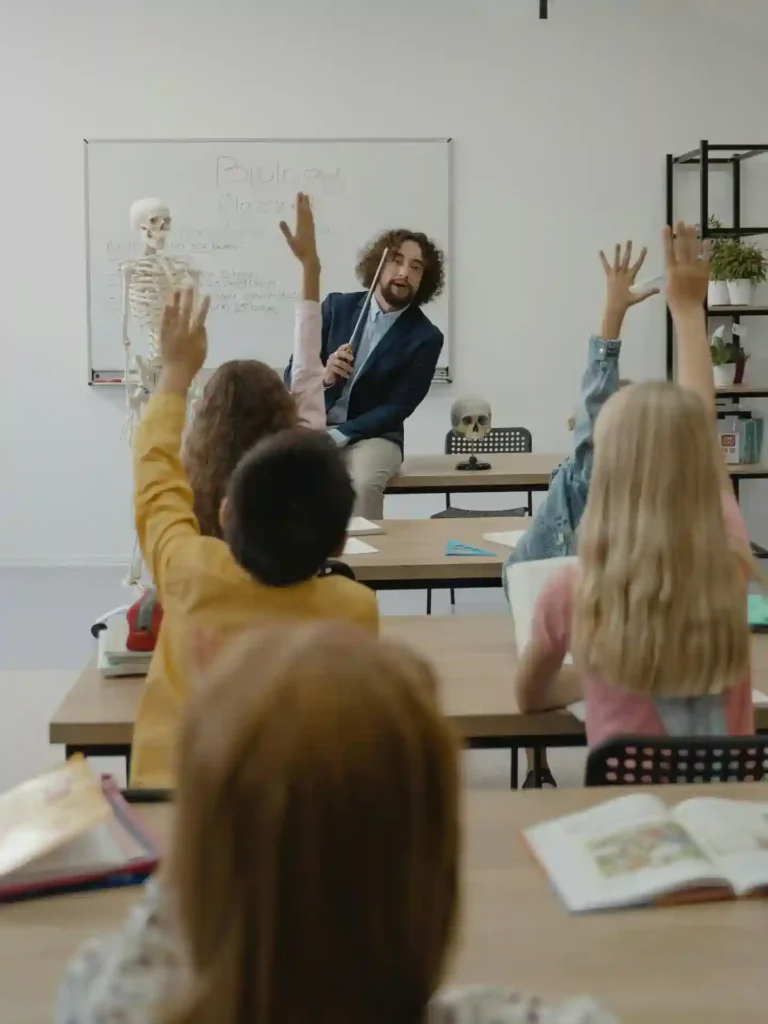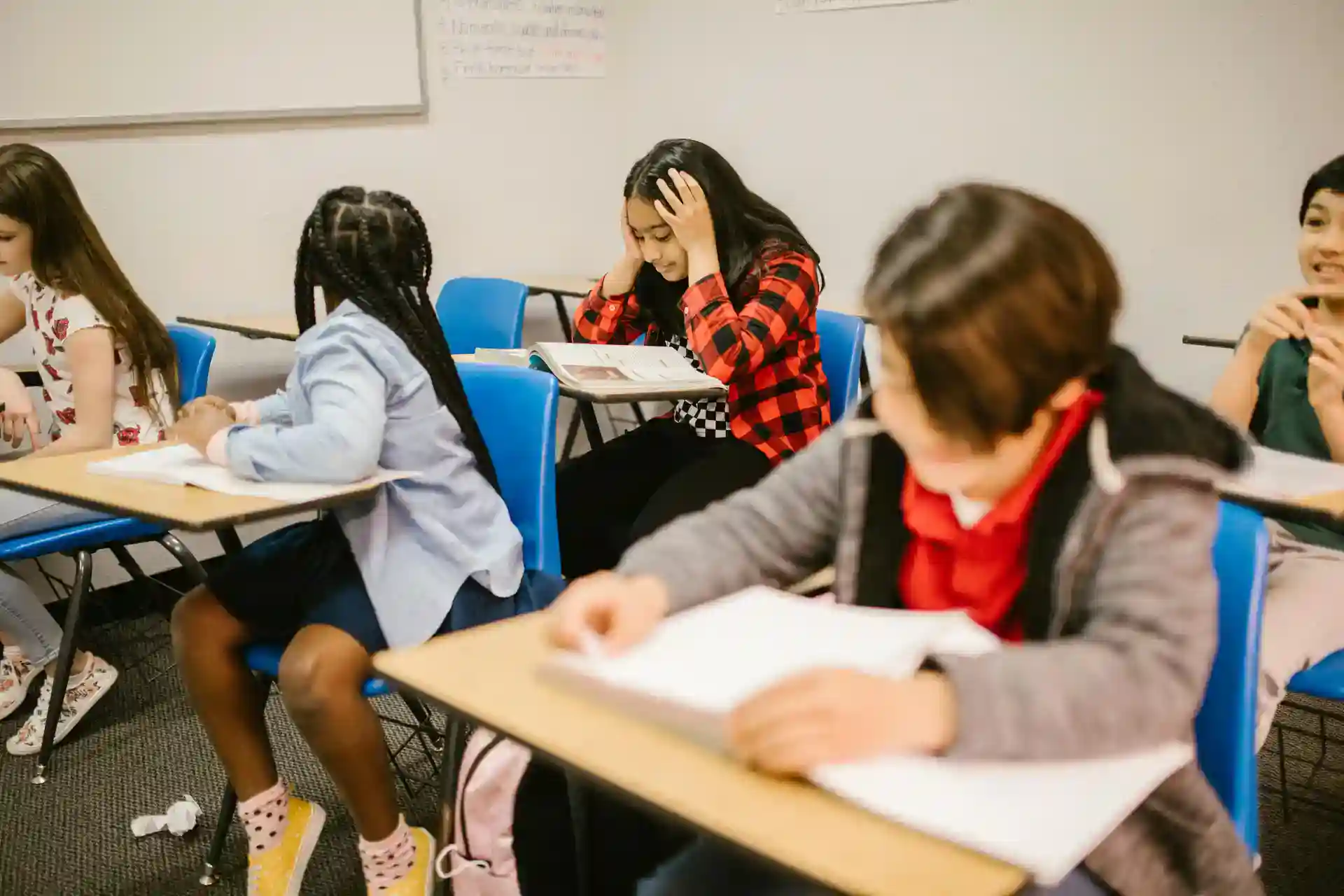Introduction: The Power of Sitting Back and Observing
Sit Back In today’s fast-paced world, we are constantly bombarded with minute notifications, opinions, and messages. The urge to respond immediately to everything is often automatic, driven by a culture of hyperactive engagement. Studies show that 90% of our reactions are emotional, and we tend to jump into reaction without thinking. However, taking a step back to sit and observe the situation is an essential skill that Tymoff teaches us through his famous concept. Sitting back allows us to cultivate mindfulness, a principle that emphasizes the importance of thoughtful observation over impulsive reactions. By learning to embrace this, we can reclaim our mental space, reduce stress, and make more strategic decisions.

Being able to pause before reacting not only brings clarity and calm but also helps in developing a deeper understanding of social dynamics and the world around us. This principle is more relevant than ever in a time when we are overwhelmed with information and emotionally drained. The idea of patience, attentiveness, and self-control might seem surprising, but it is a powerful secret weapon for navigating today’s challenges. Instead of rushing to react, we can embrace thoughtful observation, which leads to greater wisdom and the ability to make wiser decisions in the face of stress and uncertain
Observation as a Skill
Observation is often an overlooked fundamental skill that can help us navigate the complexities of life. Many people rush through their day, reacting to every stimulus without taking a moment to step back and gather the information they need to assess a situation. However, observing our surroundings, interactions, and emotions can provide valuable insights into ourselves and the world around us. Instead of reacting impulsively to a situation, thoughtful observation allows us to pause and understand the subtle cues and details that can help us respond more effectively.
When we are observant, we improve our awareness of the world and enhance our decision-making skills. Seeing beyond the surface and interpreting the situation thoughtfully leads to informed choices. In today’s fast-paced world, where instant gratification and hasty reactions are common due to social conditioning, learning to sit back and reflect is a powerful tool. Cultures and philosophies around the world have long recognized the value of contemplation, offering us a moment to pause and gain a new perspective. By pausing, reflecting, and then choosing to respond thoughtfully, we can avoid misunderstandings, reduce stress, and make better decisions.
Words not used: creativity, connections, others, react, immediately
The Power of Inaction
Sometimes, inaction can be a powerful action, especially in challenging situations where instinct might urge us to jump into immediate reaction. In these moments, choosing to sit back and observe can provide much-needed clarity. By taking the time to pause, we allow our minds the space to gather valuable information, which can reveal solutions that might not be apparent right away. This approach is especially useful in settings like negotiations, where silence and observation can be powerful tools to better understand the position of the other party and craft a more effective response.
I’ve found that stepping back often leads to more creative and thoughtful solutions. Instead of rushing to react, we can observe the patterns and subtleties in a situation, allowing us to understand things on a deeper level. Whether in confrontations, challenges, or interactions with others, the ability to notice these details sharpens our perception and helps us avoid quick, impulsive decisions. By learning to pause and reflect before responding, we can flourish in our endeavors, gaining new insights into ourselves and the world around us.
Embracing Imperfection and Uncertainty
In our fast-paced world, we often strive to control every aspect of our lives and predict the outcomes of every situation. However, embracing imperfection and uncertainty can bring a sense of freedom. When we sit back and observe, we can recognize that not every moment needs to be perfect or tightly controlled. By letting go of the attachment to outcomes, we can find joy in the journey itself.
Accepting that we can’t always predict how things will unfold opens the door to valuable lessons and fosters a mindset of growth, creativity, and wisdom.I’ve learned that accepting imperfection brings peace, as it allows us to act with greater mindfulness and patience. Instead of rushing to make decisions or force a certain outcome, we can wait for the right moment to act.
This approach cultivates qualities like composure, allowing us to navigate life’s complexities with a more thoughtful and effective strategy. Daily reflection, whether through journaling or meditation, helps us develop the ability to pause, delay our impulses, and respond to situations with a clearer mindset, leading to more effective actions.a
Observation for Stress Reduction and Social Interaction
In moments of high stress or social tension, learning to sit back and observe can be a powerful tool. When we’re not constantly reacting, our mind enters a calmer state, allowing us to think clearly and consider the full range of variables in any situation. This practice is particularly valuable in social settings, where the ability to understand body language, tone of voice, and non-verbal cues can significantly improve our relationships.
By stepping back, we reduce the tendency to act impulsively, giving ourselves the time to reflect and decide how to respond in a way that maintains emotional balance.This observant approach doesn’t just help us navigate social interactions more effectively; it also nurtures emotional intelligence. Being able to anticipate potential issues and act with restraint supports us in managing our reactions and decisions without the influence of anger or frustration.
When we sit back, we make more meaningful interactions, whether with colleagues at the workplace or in personal relationships. This skill helps maintain control over our emotions, promoting healthier and more constructive responses rather than knee-jerk reactions that we might later regret. By practicing restraint and observing instead of jumping into immediate action, we enhance our decision-making and improve the dynamics of our connections with others.Words not used: time, acting, think, priorities, emotional energy, decision-making, guide, support, potential, improvement, leadership, emotions, confrontations, healthily
Conclusion
When we learn to sit back and observe, we embrace a powerful tool for stress reduction and social interaction. Instead of rushing to react in every situation, we can pause, take a step back, and allow ourselves to think more clearly. This mindset not only fosters emotional intelligence but also helps us make more informed decisions in both our personal and professional lives. Observation gives us the clarity needed to see the bigger picture, allowing us to navigate complex situations with patience and understanding.
As Tymoff’s principle suggests, not everything requires immediate action. By adopting a calmer approach and being present, we can reduce stress and create more meaningful interactions with those around us. Whether in a personal relationship or the workplace, the ability to wait for the right moment often brings better results than reacting impulsively. Next time you feel the urge to act quickly, remember to observe, and you might be surprised by the clarity and wisdom it provides.

